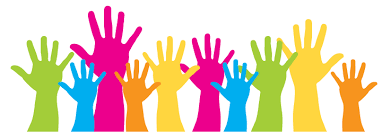Practicing Food Safety
Comments Off on Practicing Food SafetyYou want the best when it comes to the food you eat. There’s no way you’d want something old, mouldy or funky smelling in your food.

It’s the same here at the food bank.
Food safety is extremely important. Safety measures are taken into consideration before the food even makes it into the warehouse. Our hardworking operations team ensures not to bring in food that may be hazardous to members of our community. Items like this can include damaged items, foods with missing labels and nutritional products that have expired.
Not only do we want everyone to meet their food needs in the community, we want them to enjoy their food safely.
Recently Toronto Public Health released a guide on Food Safety in Food Banks and Community Organizations. This guide makes it easy for all organizations in the food sector to maintain guidelines on food safety and handling.
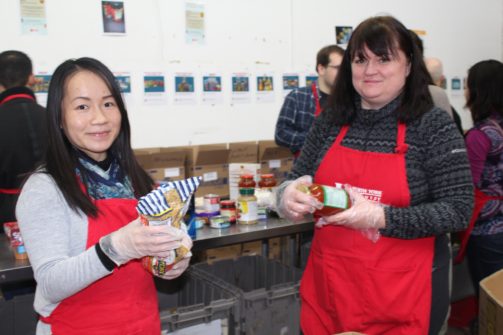
Food Safety Measures
As you may know, we prefer to take non-perishable food items from donations (canned goods, boxed items, etc.) to ensure we can get these items out to the public without safety issues. But…
Did you know…
Even though we are grateful for amazing donations from the community, there are just some items that we CANNOT accept. These items include:
- Food products that are not identifiable or that have ingredients that are not identifiable (missing label or label written in a language other than English/French)
- Partially consumed foods (open packaging)
- Unpasteurized foods
- Home preserves and canned items (jams, jellies, pickles etc.)
- Meats, dairy and other high risk items that are not directly from a processor or store e.g. turkeys that have been in your freezer; you may assure us that that turkey has never been defrosted but because we don’t know that 100% we cannot accept it, sorry!
These guidelines make sure that people using the food banks don’t get sick from foods they consume.
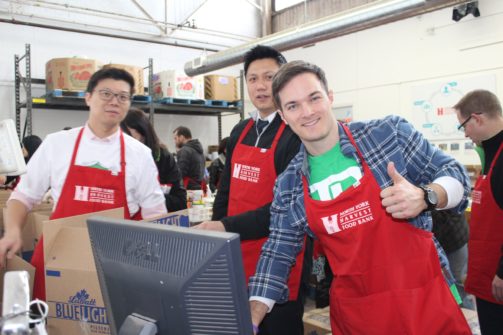
Did you know…
There is a difference between Best Before and Expiry Dates. When it comes to packaged foods the dates can get a little confusing. Here are some tips to tell the difference between dates.
- A best before date is simply the promise of the manufacturer that the food in the package will be of highest quality. It is not an indication of food safety.
- Many times a best before date is not necessary and mostly used to indicate when the quality of food will begin to decrease (a change in taste and texture).
- The only items REQUIRED to have expiry dates are baby formulas, meal replacements, formulated liquid diets and nutritional supplements. These items must be thrown out past the expiry date as the should NOT be consumed. This is because the nutritional content cannot be guaranteed beyond the expiry date and the nutritional content is very important for babies, the sick and the elderly.
- We will accept foods up to three months past their best before date because we know that they are safe. However, in order to protect our community members’ dignity we prefer to receive donations of food that have at least 3 months remaining before their best before date.
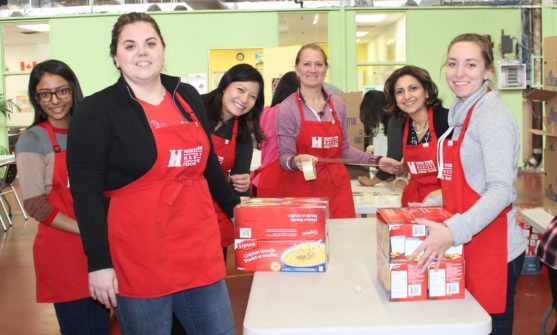
Food Recalls
You may have seen food recalls on the news, specifically the latest one about Baby Food. These recalls affect the food bank and food bank clients.
How might a food be recalled?
- Illness outbreak
- Food tests identify a health risk
- An inspection by CFIA detects a safety concern
- A recall of the item in another country
- The company initiates a recall
- Other issues can arise such as food tampering
Recalls are taken very seriously at the food bank. These items are removed from our shelves and notices are sent out. If these items have already made it into people’s homes, we alert them and contact Toronto Public Health.
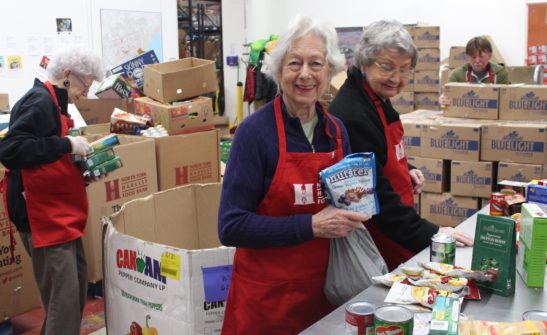
Ensuring public safety when it comes to food handling and distribution is one of our top priorities. If you join us for a food sorting session, you will be trained on how to identify the safety of the food you’re sorting. Remember: When in Doubt, Throw it Out!
To learn more first hand and join us for a food sorting session, click here!
Check out these handy guides on how to inspect YOUR food.
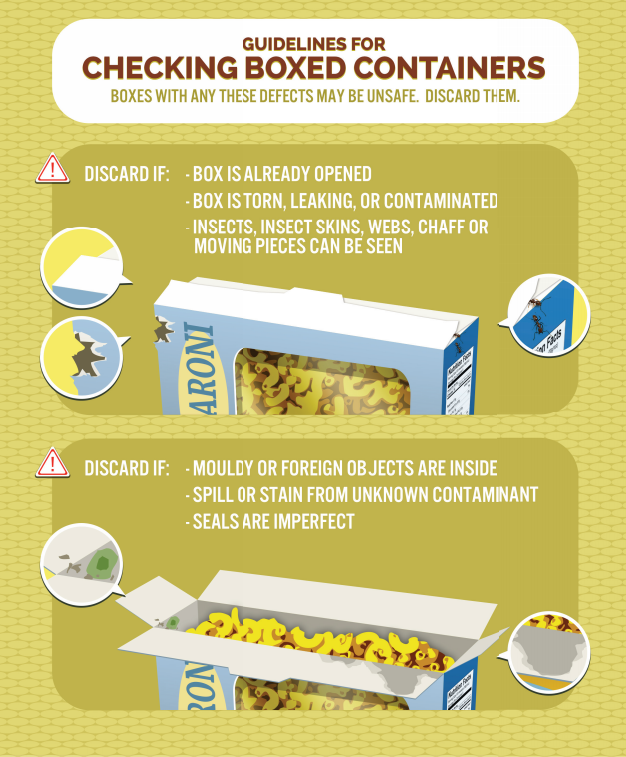
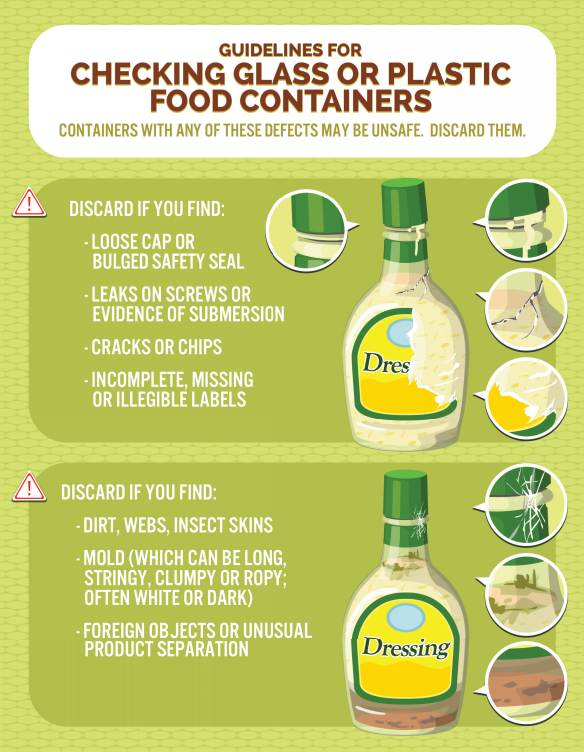
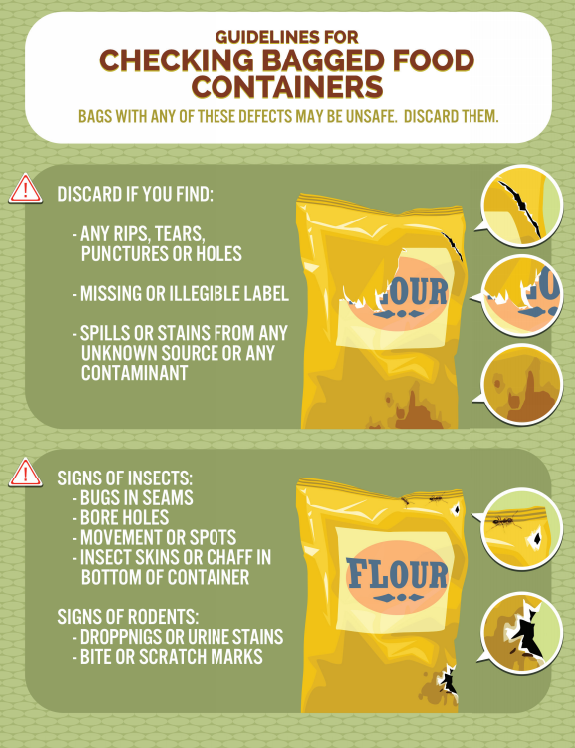
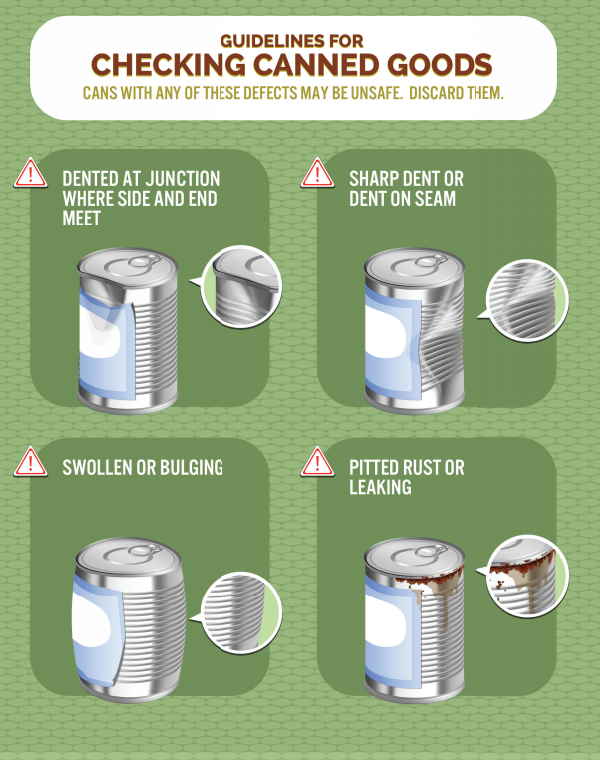
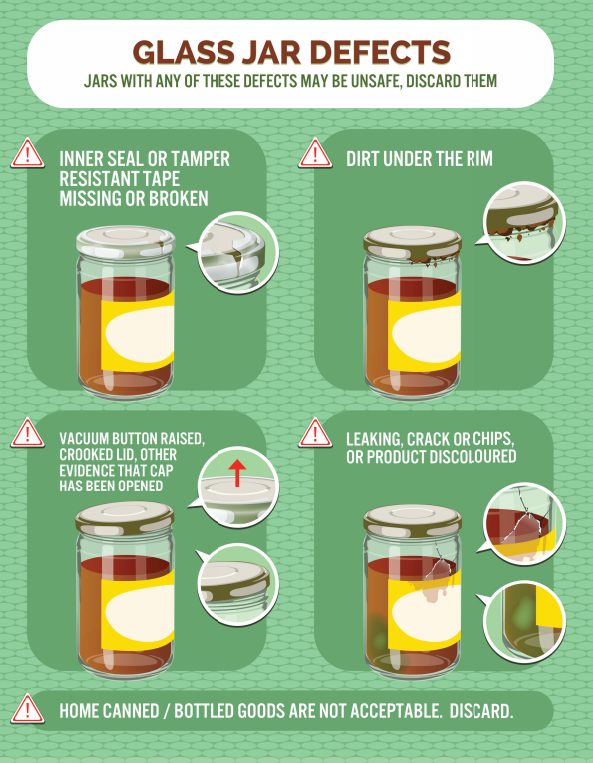
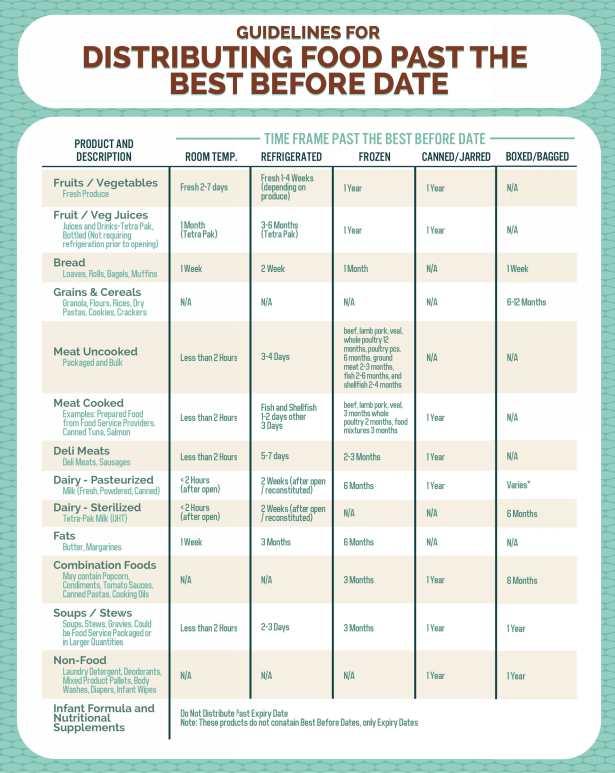


 Marlene has been volunteering with WAES for almost a year now. After retiring, Marlene wanted to give back because she personally felt grateful for the education and career that she has had in her life.
Marlene has been volunteering with WAES for almost a year now. After retiring, Marlene wanted to give back because she personally felt grateful for the education and career that she has had in her life. 
